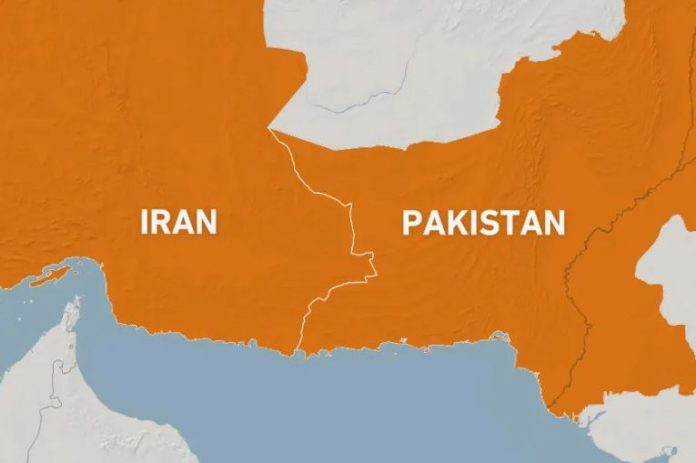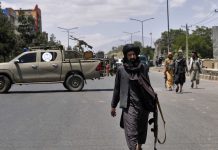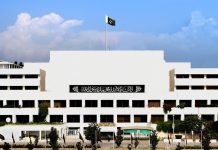By Asghar Ali Mubarak
ISLAMABAD: Foreign Ministers of Iran and Pakistan will hold crucial talks on Monday as part of efforts to repair their ties damaged by tit-for-tat missile strikes a fortnight ago.
Iranian Foreign Minister Amirabdollahian will arrive in Islamabad late Sunday evening. As the two countries were reeling from the missile exchanges, the killing of nine Pakistani labourers in the Sistan-Blaochistan province of Iran on Saturday highlighted the fault lines in the bilateral ties.
Before leaving for Islamabad, the Iranian FM sought to assure Pakistan that Tehran would not allow “enemies” to target “friendship, peace and security in the region,” according to IRNA
Pakistan asked Iran to investigate the Saravan incident and bring the perpetrators of heinous crime to justice.
Tehran was quick to condemn the killing of Pakistani workers, who were from South Punjab. Observers feel Baloch terrorist outfits, who were targeted in the Pakistani missile strikes, might be behind the gruesome murder of poor workers.
Officials said that the visit of the Iranian FM is crucial as the two sides would discuss the “new terms of engagement” after the recent events.
Tensions may have eased but officials in Islamabad said the rupture caused in the relationship due to missile exchanges may take some time to heal. The Iranian FM will hold talks with his Pakistani counterpart at the foreign office. The two foreign ministers will address a joint press conference, suggesting both sides want to send a message of reconciliation.
The unusual military standoff was triggered by Iran’s missile strikes on January 16, targeting what it claimed were the hideouts of Jaish al-Adl in remote region of Balochistan.
Jaish-al-Adl, formed in 2012, is a militant group involved in several attacks on the Iranian security forces. The group claimed responsibility for killing 11 Iranian police officials in December last year in Sistan-Blaochistan.
Tehran claims the group also has hideouts across the border in Pakistan. Islamabad, however, denied Iranian missile strikes killed terrorists. According to Pakistan, strikes left two innocent children dead and injured three girls.
Two days later Pakistan mounted its own reply, hitting what it said were terrorist bases of Baloch terrorist outfits. Iran admitted those killed in Pakistan strikes were not Iranian nationals.
Following Pakistan’s retaliation, the two sides were quick to climb down the escalation ladder. Ahead of the Iranian foreign minister’s visit, the ambassadors of Iran and Pakistan returned to their assigned capitals on Friday.
The two countries have often boasted of their “friendly and brotherly” ties but underneath certain problems do exist. The major issue is the presence of non-state actors in the border region which has been the cause of mistrust. However, very few thought Iran would resort to missile strikes in Pakistan.
Officials said that both sides would now need to move cautiously and agree on a new framework that ensures such incidents do not happen in the future.




